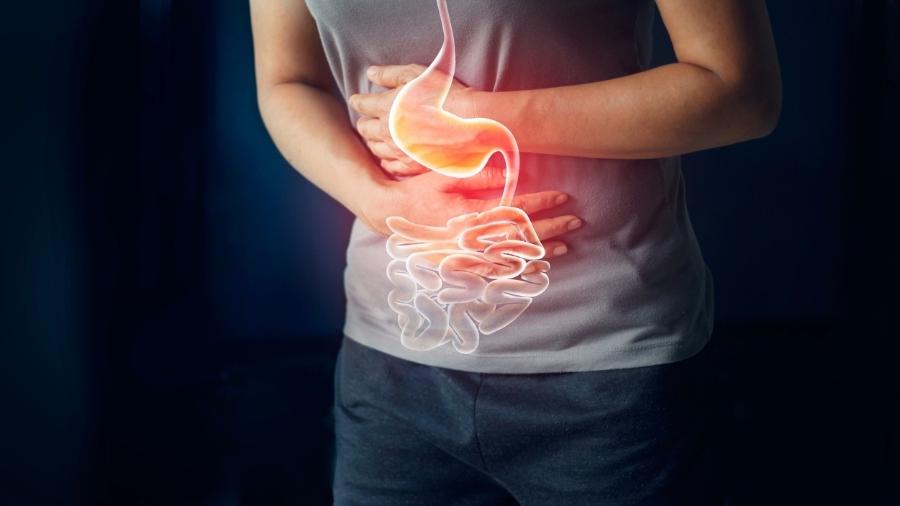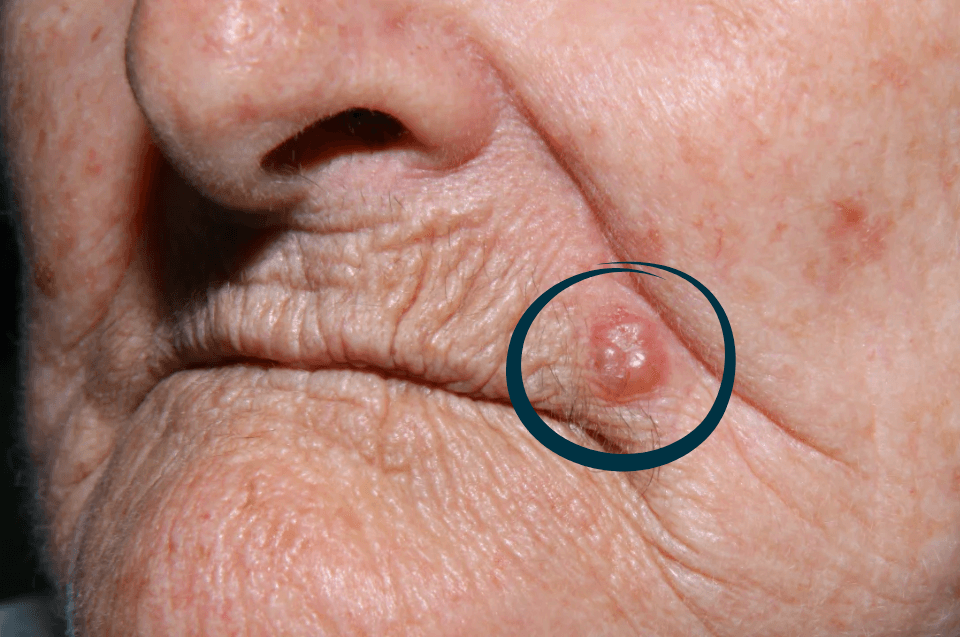A gastric ulcer, also known as a stomach ulcer, is an open sore that develops on the inner lining of the stomach. It is a relatively common condition but can cause serious complications if not properly treated. In this article, we will explore the causes, symptoms, risk factors, available treatments, and clarify the main myths that still surround the disease.
What is a gastric ulcer?
A gastric ulcer is a type of peptic ulcer — a term used to refer to any ulcer that affects the stomach or small intestine. In the case of a gastric ulcer, the sore occurs specifically in the stomach lining, often as a result of an imbalance between aggressive factors (such as stomach acid) and the defense mechanisms of the stomach mucosa.Main causes of gastric ulcer
There are two major culprits behind most cases of gastric ulcer:- Helicobacter pylori (H. pylori) infection: this bacterium lives in the digestive tract and, in many people, can damage the protective lining of the stomach, leading to ulcer development.
- Excessive use of nonsteroidal anti-inflammatory drugs (NSAIDs): medications like ibuprofen, diclofenac, and aspirin, when used for long periods or in high doses, can injure the stomach lining and cause ulcers.
- Excessive stress
- Smoking
- Frequent alcohol consumption
- Irritating diets (although this is more a worsening factor than a direct cause)
Symptoms of gastric ulcer
The most common symptoms of gastric ulcer include:- Burning abdominal pain, usually in the upper abdomen
- Feeling of empty stomach or constant hunger
- Nausea and vomiting
- Loss of appetite
- Unintended weight loss
- Feeling bloated after small meals
- Vomiting blood (hematemesis)
- Very dark or bloody stools (melena)
- Severe weakness
How is the diagnosis made?
Diagnosis is generally based on symptoms and confirmed by exams such as:- Upper digestive endoscopy: allows direct visualization of the inside of the stomach and identification of the ulcer.
- H. pylori test: can be done through endoscopy, stool test, or breath test.
Treatment of gastric ulcer
Treatment depends on the underlying cause of the ulcer:- If there is H. pylori infection, antibiotics are used along with proton pump inhibitors (PPIs) like omeprazole or pantoprazole to reduce stomach acidity.
- If the cause is NSAID use, it is recommended to stop or substitute the medication, as well as use gastric protectors.
- Lifestyle changes, such as quitting smoking, avoiding alcohol, and adopting a more balanced diet, help with recovery.
Myths and truths about gastric ulcer
1. Does stress cause ulcers? Not directly. Stress can worsen symptoms and contribute to hormonal imbalances and behaviors (such as NSAID use), but it is not a direct cause of ulcers.2. Are ulcers caused only by spicy food? No. Spicy foods may worsen symptoms but do not cause ulcers.3. Is gastric ulcer contagious? H. pylori infection can be transmitted, mainly among people who live closely together. Therefore, there is an indirect possibility of contagion.4. Does drinking milk relieve ulcers? It can provide temporary relief, but does not treat the problem. In some cases, milk may even stimulate more acid production and worsen the condition.Care and prevention
To prevent the appearance or worsening of a gastric ulcer, some measures are recommended:- Avoid prolonged and indiscriminate use of anti-inflammatory drugs
- Treat H. pylori infection properly
- Reduce alcohol consumption and quit smoking
- Control stress with practices like meditation, physical activity, and therapy
- Maintain a balanced diet, avoiding excess fats, caffeine, and irritating foods



